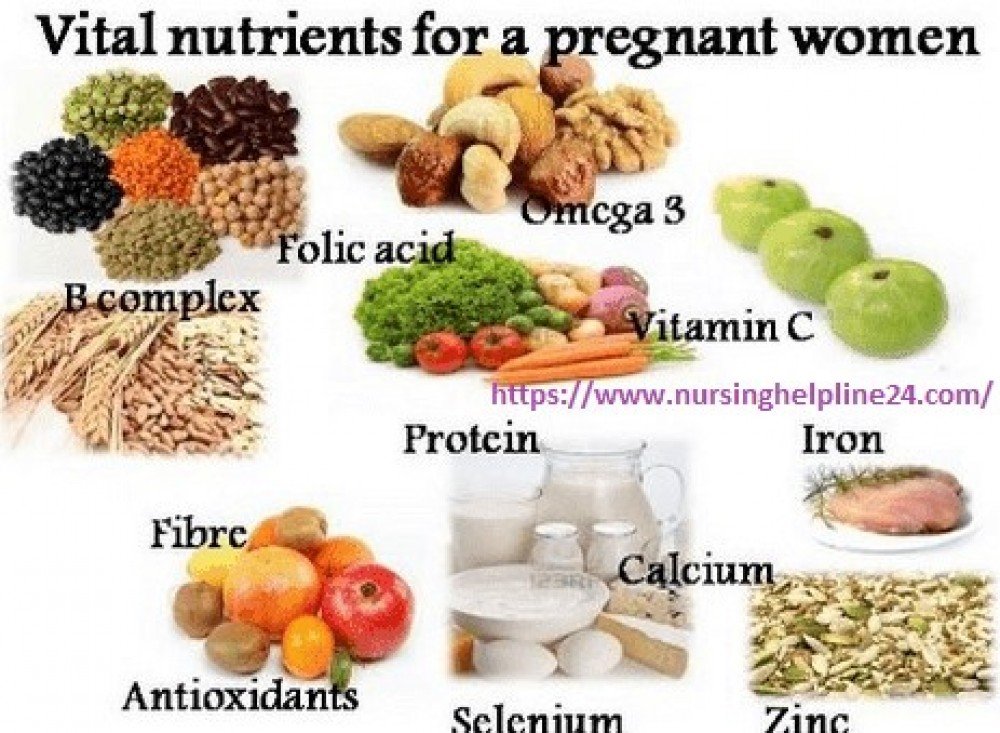In some cultures, there's a common pregnancy myth, where people believe in the notion that whilst pregnant, one ought to serve food portions equivalent to two persons serving. Well, that is just a myth yet so many tend to believe it and end up gaining extra weight as a result. When a woman is pregnant this means that there are extra nutritional needs that should be addressed.
Let’s take a look at what are the key nutrients required:
Folic acid: It is also known as folate when it is found in foods. It is a B vitamin that is crucial in preventing birth defects in the baby’s brain and spinal cord known as neural tube defects. It is recommended that for women who are trying to have a baby, 400mg of folic acid per day of vitamin supplement is ideal for at least one month before becoming pregnant. During pregnancy, it is advised that the amount should be increased to 600mg a day, an amount found in a daily prenatal vitamin. Food sources are: green leafy vegetables, fortified or enriched cereals, breads and pastas, beans and also citrus fruits.
Calcium: This mineral is useful to build the baby’s teeth and bones. If a pregnant woman doesn’t consume enough calcium, the mineral will be drawn from the mother’s stores in her bones and given to the baby to meet the extra demands of pregnancy. Pregnant women aged 19 and over need 1000mg of calcium a day, pregnant teens aged between 14 and 18 need 1300mg daily.
Food sources: Enriched bread or grain, milk, yoghurt, cheese, dark green vegetables, soybeans.
Iron: Pregnant women need 27mg of Iron per day. Additional amounts are needed to make more blood to supply the baby with oxygen. Getting too little iron during pregnancy can lead to anemia, a condition resulting in fatigue and increased risk of infections. Iron absorption is increased by including a good source of vitamin C in the same meal. For example, have a glass of orange juice at breakfast with an iron-fortified cereal. Food sources are meat, poultry, fish, dried beans, peas and iron-fortified cereal.
Protein: This helps in organ development of the baby such as the brain and the heart. Protein also helps to build your baby’s soft tissue, the placenta and your red blood cells. It helps in the formation of hair, nails and bones too and it is also used to create the hormones that regulate every function in the body. The average daily requirement for pregnant women is 60 to 75 grams, which should be divided into three or four servings. Protein sources are poultry, meat, fish, dairy, grains, nuts and seeds and legumes.
References:
Wu G. Maternal nutrition and fetal development. The Journal of Nutr 2004; 134(9)2169-2172
Gluckman, Peter. Hanson, Mark. Yap Seng, Chong. Bardsley, Anne. Nutrition and Lifestyle for Pregnancy and Breastfeeding, 2014.
Writer,
Esther Maina
Nutritionist/ Meal planner
hadmaina@gmail.com


Add your reply
Replies